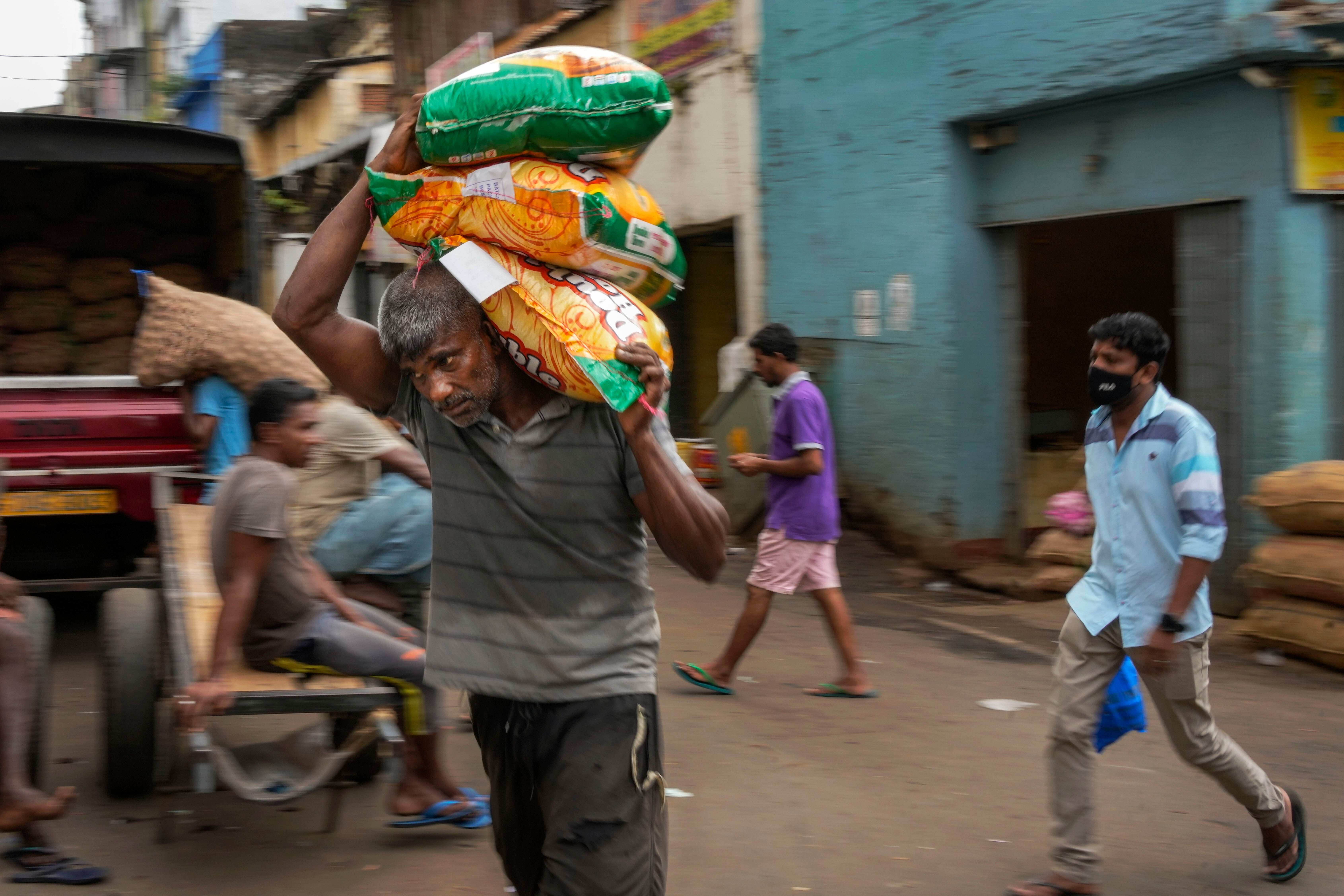Singapore insists it has given fleeing Sri Lanka leader Rajapaksa no ‘privileges, immunity or hospitality’
Gotabaya Rajapaksa fled Sri Lanka on 13 July for Maldives
Your support helps us to tell the story
From reproductive rights to climate change to Big Tech, The Independent is on the ground when the story is developing. Whether it's investigating the financials of Elon Musk's pro-Trump PAC or producing our latest documentary, 'The A Word', which shines a light on the American women fighting for reproductive rights, we know how important it is to parse out the facts from the messaging.
At such a critical moment in US history, we need reporters on the ground. Your donation allows us to keep sending journalists to speak to both sides of the story.
The Independent is trusted by Americans across the entire political spectrum. And unlike many other quality news outlets, we choose not to lock Americans out of our reporting and analysis with paywalls. We believe quality journalism should be available to everyone, paid for by those who can afford it.
Your support makes all the difference.Singapore has insisted that it has not provided any privileges or immunity to Gotabaya Rajapaksa, the former president of Sri Lanka who fled the cash-strapped nation amid anti-government protests last month.
Mr Rajapaksa, 73, along with his wife and two bodyguards fled to the Maldives on 13 July, before landing in Singapore for a “private visit” the next day.
He was initially issued a 14-day visit pass. It was later extended by two weeks, and is set to expire on 11 August.
He emailed his resignation letter to the parliament speaker on 14 July.
Singapore’s foreign minister Vivian Balakrishnan, in a written reply to a parliamentary question on Monday, said the Singaporean government “does not accord privileges, immunity and hospitality to former heads of state or heads of government”.
“Consequently, former president Gotabaya Rajapaksa was not accorded any privileges, immunity or hospitality.”
Last week, Singapore’s Immigration and Checkpoints Authority (ICA) said visitors from Sri Lanka who enter Singapore for social visits will be issued a short-term visit pass with a duration of up to 30 days.
Those willing to extend their stay would have to apply online and applications would be considered on the basis of each case.
“Foreigners who possess a valid travel document and meet entry requirements will be allowed to come into Singapore,” home minister K Shanmugam said in response to a question from the ruling People’s Action Party lawmaker Yip Hon Weng on concerns that the city-state would become a “destination for political fugitives”.
“We also, of course, reserve the right to deny entry to a foreigner if we assess that to be in our national interests,” Mr Shanmugam said.
However, he added that the government would be open to “rendering assistance” in deporting individuals in accordance with the region’s laws if a “foreigner coming into Singapore is wanted by his government, and his government has made a request”.
Sri Lankan cabinet spokesperson Bandula Gunawardena claimed last month that Mr Rajapaksa was “not hiding” and “may eventually consider returning”.

The nation’s supreme court on Monday extended a travel ban imposed on former prime minister Mahinda Rajapaksa and his brother, former minister Basil Rajapaksa, until 4 August.
A crippling economic crisis forced Sri Lankans to revolt against the Rajapaksa government, which has been blamed for the cash crunch that has left the nation’s 22 million people short of fuel and food.
Since April, thousands of people took to the streets in protest, eventually forcing the entire government to step down.
The street protests intensified in July with demonstrators storming into the presidential palace in Colombo and setting former prime minister and recently elected president Ranil Wickremesinghe’s house on fire.
Meanwhile, Mr Wickremesinghe, in his first speech since he was elected by parliament, said that an agreement with the International Monetary Fund (IMF) to help pull the bankrupt nation out of its crisis has been pushed back to September because of the unrest.
Sri Lanka is seeking an estimated $3bn bailout package from the IMF.
Colombo announced in April that it is suspending repaying its foreign loans because of depleting foreign reserves. The island nation owes $51bn in foreign debt, of which $28bn must be paid by 2027.






Join our commenting forum
Join thought-provoking conversations, follow other Independent readers and see their replies
Comments